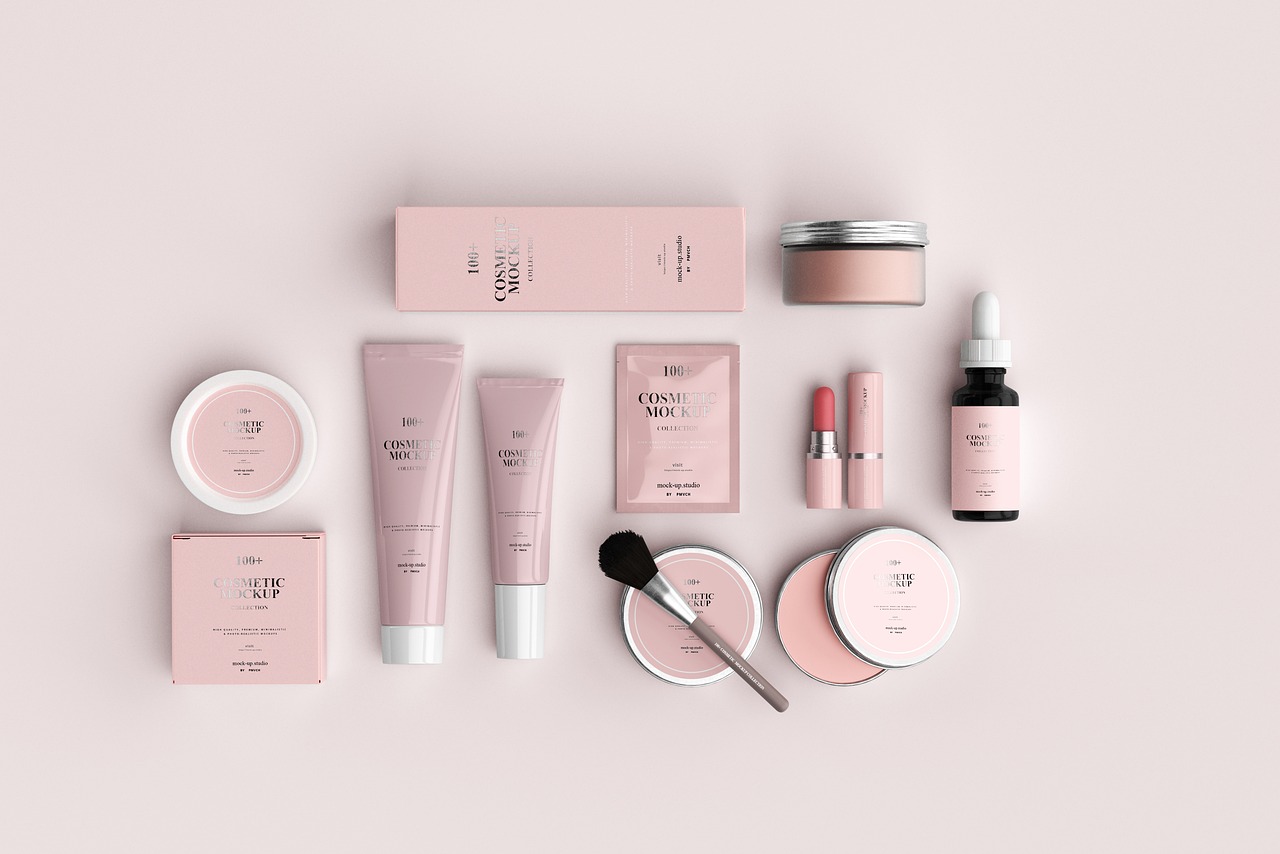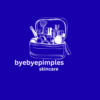
Frequently Asked Questions About Skincare for Acne
What’s the best skincare for acne-prone skin?
1. My skin is prone to breakouts — where should I begin with my skincare routine?
Start with the basics. Skin that is susceptible to acne does not require an elaborate 10-step regimen. A gentle cleanser, a lightweight yet hydrating moisturizer, and a single active ingredient (such as salicylic acid or niacinamide) are sufficient to get started. Introduce new products gradually, rather than all at once — your skin requires time to adapt.
- 2. Why do certain products seem to exacerbate my acne before it improves?
This phenomenon is referred to as “purging” — it occurs when active ingredients accelerate cell turnover, bringing clogged pores to the surface. This process may last between 2 to 4 weeks. If breakouts persist beyond this period or if they feel excessively severe, discontinue use of the product and reevaluate your approach.
- 3. Is it possible to manage acne without causing dryness to my skin?
Yes — and it is advisable! Excessive drying can lead to irritation, which in turn results in more breakouts. Achieving balance is crucial. Combine acne treatments with moisturizing components such as hyaluronic acid or panthenol to enhance your skin barrier.
- 4. What is one ingredient that should be strictly avoided in acne skincare?
Steer clear of alcohol-based toners or any product that induces a stinging sensation — that tight, overly clean feeling indicates that your skin barrier is at risk. Additionally, fragrance and coconut oil are frequent triggers for acne in individuals with sensitive or oily skin types.
- 5. Is natural skincare more effective for acne?
“Natural” does not necessarily imply superior or safer. While tea tree oil and aloe vera may benefit some individuals, unverified DIY solutions (such as lemon juice or baking soda) can cause significant harm. Rely on formulations rather than solely on ingredients.
- 6. Is it advisable to exfoliate when experiencing active breakouts?
Exfoliation should be performed very gently and infrequently. Employ a mild chemical exfoliant (such as lactic acid or PHA) once or twice weekly. Exfoliating scrubs containing beads or abrasive textures can damage already inflamed skin and exacerbate acne.
- 7. Can acne indicate underlying issues, such as hormonal imbalances?
Absolutely. Breakouts on the chin and jawline are frequently associated with hormonal factors. If you have maintained a consistent topical regimen for 2–3 months without any improvement, it may be wise to consult a dermatologist or consider undergoing hormonal testing.
- 8. What is the most common error individuals make in their acne skincare routine?
Impatience. Frequently changing products, excessive cleansing, or applying too many active ingredients can hinder progress. Allow your routine at least a month for evaluation. Focus on long-term results rather than seeking immediate solutions.
